India's Muslim communities, comprising almost one hundred and forty million people, have significant political, cultural, and religious identities in contemporary times. The processes of their emergence, formation, and the articulation of community identities, before and after independence, have been researched and interpreted in many ways by scholars. This omnibus brings together three analytical frameworks–the empathetic view to identity formation, the regional articulation of identity, and developments at the national level. The book analyses several important aspects–the Deoband School, the Aligarh Movement, the Muslim League, the Lucknow Pact, the Lahore Declaration, partition, the Shah Bano Case, the demolition of Babri Masjid–providing a multifaceted and nuanced picture of the lives of India's Muslims. Barbara Daly Metcalf's Islamic Revival in British India: Deoband, 1860–1900 studies the vitality of Islam in late-nineteenth century North India by focusing on the most important Islamic seminary of the time. Metcalf explains that during the collapse of Muslim political power and colonial rule the 'Ulama ensured cultural continuity crucial to the emergence of modern Muslim identity. Rafiuddin Ahmed in The Bengal Muslims 1871-1906 concentrates on the evolution of popular consciousness through an examination of the Bengali Muslim religious literature known as puthis. His study raises doubts about any simple explanation that emphasizes either the historical conflict between Hinduism and Islam, the doctrine of divide and rule, or the central role of constitutional initiatives. In Legacy of a Divided nation, Mushirul Hasan analyses India's polity and its relationship with Muslims. He deliberates on the secular platform on which to build bridges in times when positions have hardened and battle lines drawn. In his introduction to the omnibus, Mushirul Hasan locates these important studies in the extant literature and emphasizes the need to draw Islam in South Asia into the contemporary discourses on colonial and postcolonial writings. Students, teachers, researchers of modern Indian history, sociology, political science, and the general reader interested in the emergence and growth of Muslim identity in India will find this informed volume an important addition to their bookshelves.
India’s Muslims
Add to favorites
Contents
$60.30
$67.00
In stock
Free & Quick Delivery Worldwide
All orders amounting to US$ 50 or more qualify for Free Delivery Worldwide. For orders less than US$ 50, we offer Standard Delivery at $14 per book.
ABOUT THE AUTHOR Barbara Daly Metcalf
Barbara Daly Metcalf is Alice Freeman Palmer Professor of History and Director of the Center of South Asian Studies at the University of Michigan, Ann Arbor.
ABOUT THE AUTHOR Mushirul Hasan
Mushirul Hasan, renowned historian and scholar, has authored Legacy of a Divided Nation: India’s Muslims Since Independence (1997); John Company to the Republic: A Story of Modern India (2001); Islam in the Subcontinent: Muslims in a Plural Society (2002); From Pluralism to Separatism: Qasbas in Colonial Awadh (2003); A Moral Reckoning; Muslim Intellectuals in Nineteenth-century Delhi (2004); The Nehrus: Personal Histories (2006); Partners in Freedom: Jamia Millia Islamia (Niyogi Books 2006) and Wit and Humour in Colonial North India (Niyogi Books, 2007).
ABOUT THE AUTHOR Rafiuddin Ahmed
Rafiuddin Ahmed is Professor of Asian Studies, Elmira College, Elmira, New York and Adjunct Professor of History, Cornell University, Ithaca, New York, USA.
reviews
0 in total
Review by Anonymous
Be the first to review “India’s Muslims” Cancel reply
You must be logged in to post a review.
Bibliographic information
Title
India’s Muslims
Author
Edition
1st ed.
Publisher
Oxford University Press, 2007
ISBN
195691989, 9780195691986
Length
xviii+1108p., Tables; Maps; Plates; Glossary; Bibliography; Index; 23cm.
Subjects
more by Mushirul Hasan see more
more by Rafiuddin Ahmed see more
Understanding the Bengal Muslims: Interpretative Essays
Who are the Bengal Muslims? ...
$29.70
$33.00

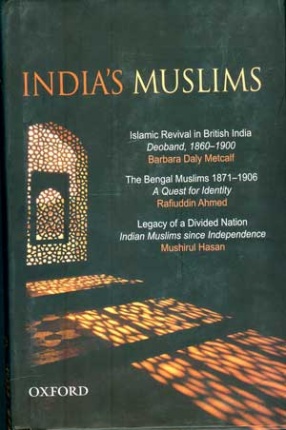

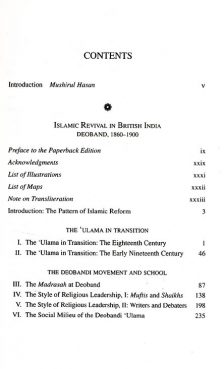
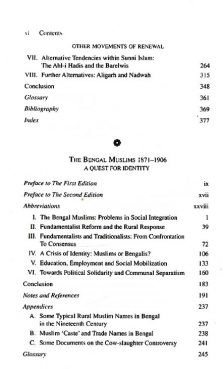
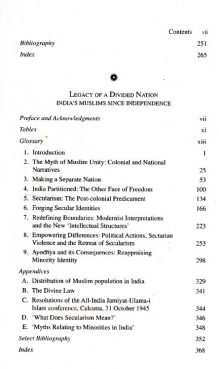
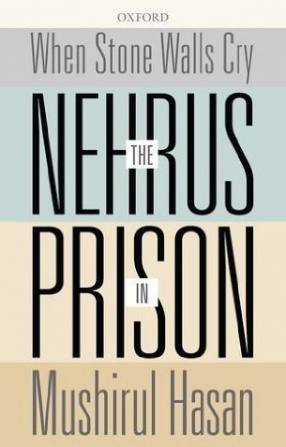
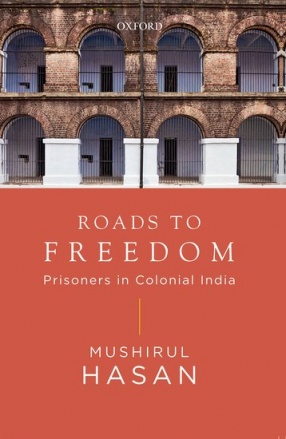
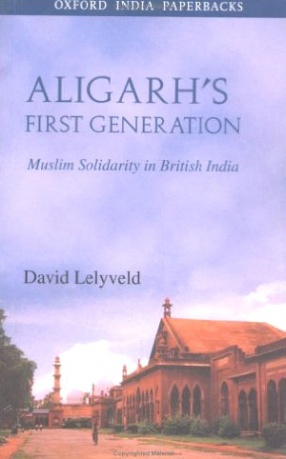
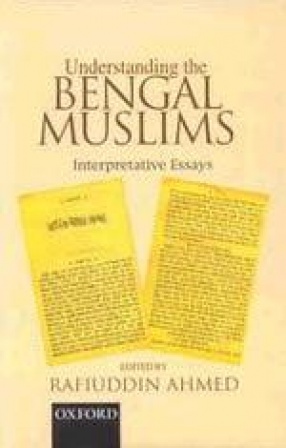

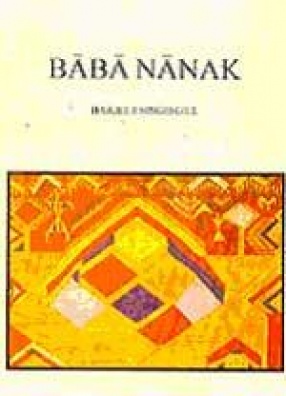
There are no reviews yet.